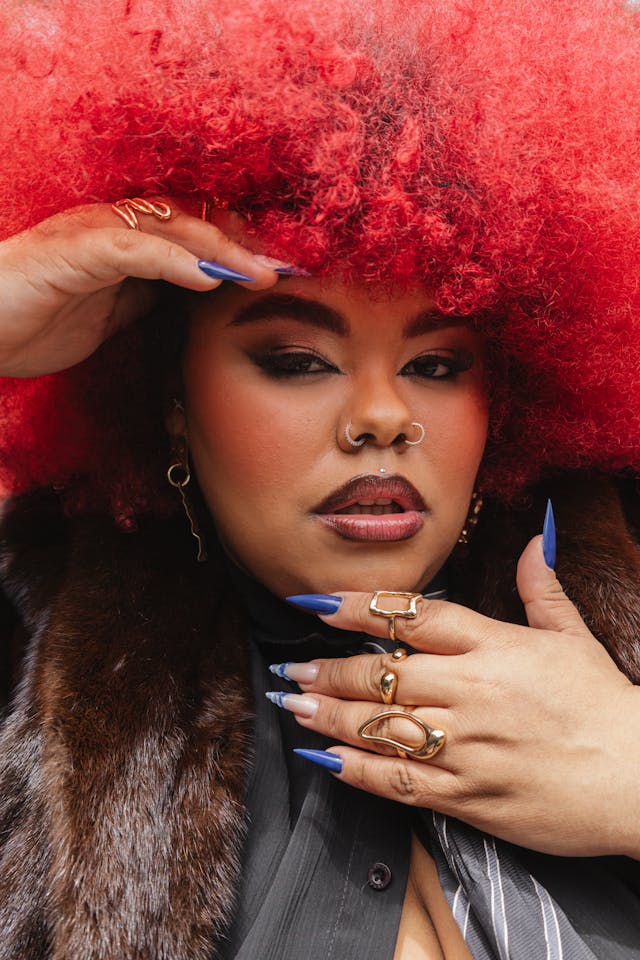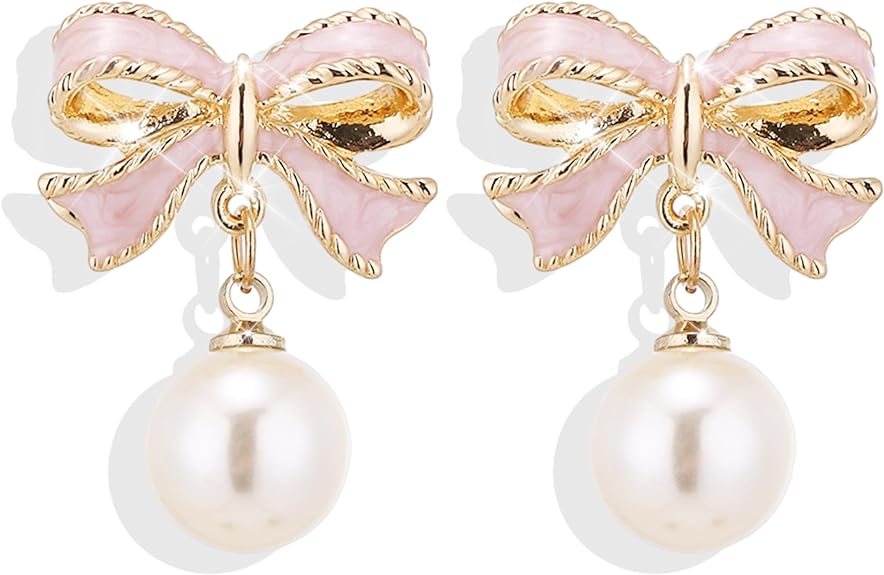Confidence is one of those things that looks effortless when someone else has it, but impossible when you’re trying to find it for yourself. The truth is, confidence isn’t something you’re born with. It’s something you build through daily actions, self-awareness, and practice.
You don’t need to become a totally different person to feel confident. You just need to start showing up for yourself consistently, even when it feels uncomfortable. Confidence grows every time you keep a promise to yourself, speak up, or try again after failing. It’s a quiet strength that develops over time, not overnight.
What Confidence Really Means
Confidence is not arrogance. It’s not pretending to know everything or acting superior. It’s about having a deep sense of trust in yourself and your ability to handle whatever comes your way.
Truly confident people don’t think they’re better than others. They simply don’t see themselves as less than anyone else. Confidence is rooted in self-acceptance knowing you’re imperfect, but showing up anyway.
How to Be More Confident
Know Yourself
Confidence begins with self-awareness. Take time to understand your strengths, values, and what makes you feel alive. The more you know about who you are, the less you rely on external validation.
You can start by journaling about your best qualities, moments you’ve been proud of, and situations where you’ve handled challenges well. When you remind yourself of what you’ve already overcome, it becomes easier to believe in your ability to face new things.
Keep Promises to Yourself
Every time you do what you said you would, you build trust with yourself. That’s the foundation of confidence. It doesn’t have to be big things it could be sticking to your morning routine, completing a task you’ve been avoiding, or following through on a personal goal.
The more consistent you are, the more your mind learns that you can be relied upon. That’s when self-trust deepens, and with it comes quiet, steady confidence.
Dress in a Way That Makes You Feel Good
This isn’t about expensive clothes or following trends. It’s about wearing what makes you feel most comfortable and aligned with your identity. The right outfit can shift your energy instantly. It helps you walk taller and show up more fully.
Confidence often starts with how you present yourself to the world. When you feel good about how you look, you naturally project more self-assurance.
Challenge Negative Self-Talk
The biggest enemy of confidence is often your own mind. Notice how you speak to yourself throughout the day. If you constantly put yourself down, your brain starts believing it. Replace harsh inner dialogue with supportive language.
Instead of saying, “I can’t do this,” try, “I’m still learning, and that’s okay.” Or instead of “I always mess things up,” say, “I’m figuring this out as I go.” It might sound small, but your self-talk shapes how you see yourself. Treat yourself like you would treat a close friend.
Take Action Before You Feel Ready
Waiting to feel confident before doing something is the biggest trap. Confidence comes after action, not before it. Every time you do something that scares you, even if it’s small, you prove to yourself that you’re capable.
Start speaking up in meetings, apply for the opportunity that intimidates you, or strike up that conversation. Each time you take action despite fear, your comfort zone expands, and your self-belief grows stronger.
Learn to Handle Failure Gracefully
Failure doesn’t define your worth. Everyone messes up, gets rejected, or feels embarrassed sometimes. Confident people simply recover faster because they see failure as feedback, not a dead end.
When something doesn’t go as planned, ask yourself what it can teach you instead of letting it discourage you. Growth and confidence are built on these small moments of resilience.
Surround Yourself with Supportive People
Confidence thrives in healthy environments. Spend time with people who encourage you, challenge you kindly, and celebrate your wins. If you’re constantly around negativity or criticism, it’s hard to feel secure in yourself.
Supportive relationships remind you of your strengths and keep you grounded. You’ll find it easier to believe in yourself when you’re surrounded by people who also believe in you.
Practice Good Posture and Body Language
Your body communicates confidence before you even say a word. Stand tall, relax your shoulders, and make eye contact. These physical cues not only make others perceive you as more confident but also signal to your brain that you’re in control.
If you feel nervous before something important, take a few deep breaths and center yourself. Small physical shifts can calm your nerves and make a big difference in how you carry yourself.
Learn New Skills
Knowledge and growth naturally boost confidence. Every time you master something new whether it’s public speaking, cooking, or coding — you strengthen your belief in your own capabilities. Learning shows you that you’re capable of improving, which translates into every area of your life.
Pick one area you’d like to grow in this year and commit to learning it. Confidence thrives when you’re in motion and evolving.
Celebrate Small Wins
Confidence doesn’t come from huge milestones alone. It’s built in everyday victories finishing a workout, speaking up in a group, or completing a project. Acknowledge your progress often.
When you learn to celebrate small steps, you keep your motivation high and remind yourself that you’re moving forward. This helps create lasting, genuine confidence instead of relying on external approval.
Final Thoughts
Confidence isn’t about pretending to be fearless or having everything figured out. It’s about trusting yourself enough to take the next step, even when things feel uncertain. Every time you show up for yourself, you plant another seed of self-belief.
Start where you are. Be patient with your growth. Over time, those small choices keeping promises, speaking kindly to yourself, learning, and showing up will add up. And before you know it, you’ll realize you’ve become the confident person you’ve always wanted to be.


